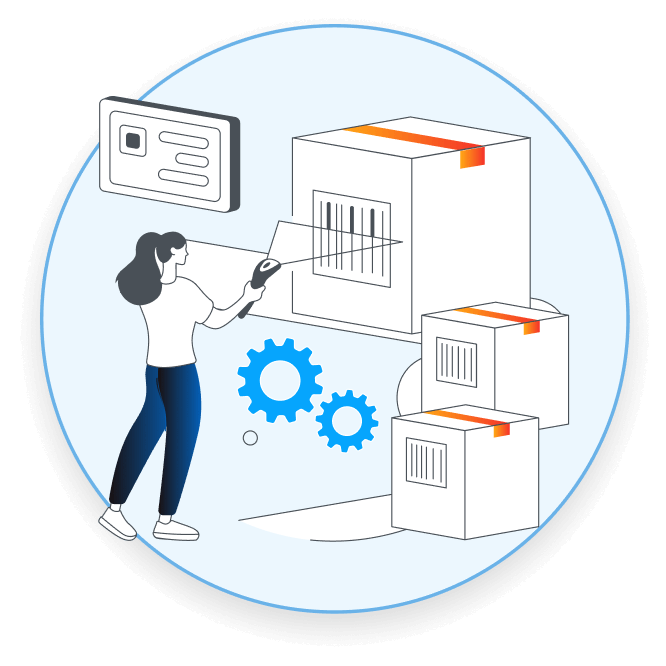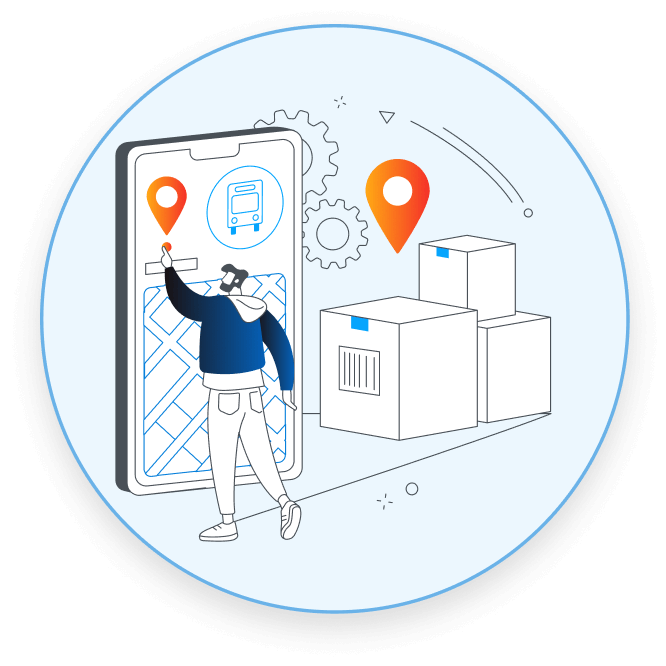45% of global supply chains will be autonomous by 2035. Also, the supply chain management market will reach $30.91 billion by 2026. Yet, 45% of businesses report limited supply chain visibility and only 15% of CPOs report visibility beyond Tier 1 suppliers.
Let’s examine how AI-powered automation and custom-built data-sharing framework tuned to retail nuances can streamline supplier collaboration.
Product Information Management
Lack of product availability to deliver across shoppers’ changing demands is one of the major challenges for 63% of retailers and 55% of suppliers.
Digital cataloging centralizes product information management, shrinks new product onboarding time by a massive 85%, and facilitates effortless product attribute management, enabling swift adaptation to market demands.

Digitized Supplier Onboarding
A lack of mutual trust and communication tops the list of challenges for 63% of retailers and 52% of suppliers.
Implementing digitized documentation and guided approval workflows reduces paperwork, minimizes errors, and ensures transparency, while unlocking a whopping 92% reduction in supplier onboarding time.

EDI Integration for Increased Responsiveness
As many as 70% of retailers and 58% of suppliers cite better collaboration as crucial for responsiveness to market and shopper trends.
Automating document exchanges via Electronic data interchange (EDI) capabilities facilitates scalable and seamless integration of Purchase Orders (POs) and Goods Received Notes (GRNs) across suppliers, manufacturers, and retailers; ultimately improving supply chain responsiveness and accuracy.

Automated Invoice Reconciliation
As many as 39% of invoices have errors, and as many as 87% of suppliers find invoice automation as a catalyst for improving customer relationships, which can reduce invoice errors by 90%.
Algorithmically-powered invoice matching and reconciliation features for purchase orders, invoices, and goods receipts overcome discrepancies, expedite dispute resolution, and improve supplier relationships via accurate and swift settlements.

Collaborative Rebate Management
Globally, more than £800 billion is transacted in rebates in the Pharmaceutical, Food and Drink, and Automotive industries. This means even a 1% error rate owing to manual management potentially accounts for £8 billion in just 365 days.
Automated rebate calculation and management eliminates manual errors, standardizes rebate processes, and saves countless hours by minimizing administrative burden by 30%. Apart from improving accuracy and transparency, it helps foster stronger supplier relationships.

Demand and Insights Sharing
Limited data transparency across the supply chain is the biggest challenge for as many as 62% of retailers and 56% of suppliers globally.
A reliable and tailored data-sharing framework offers real-time insights into sales, inventory, and category performance that can also be shared across the entire supplier network. Thus, suppliers can also access valuable data and establish joint initiatives to capitalize on emerging market trends.

Elevate Your Game With Retail’s Only True Supplier Collaboration Platform Trusted by Top Retailers

 in Sweden from 7 - 8 October 2025. Pre-book a meeting to connect with our
product experts.
in Sweden from 7 - 8 October 2025. Pre-book a meeting to connect with our
product experts.












